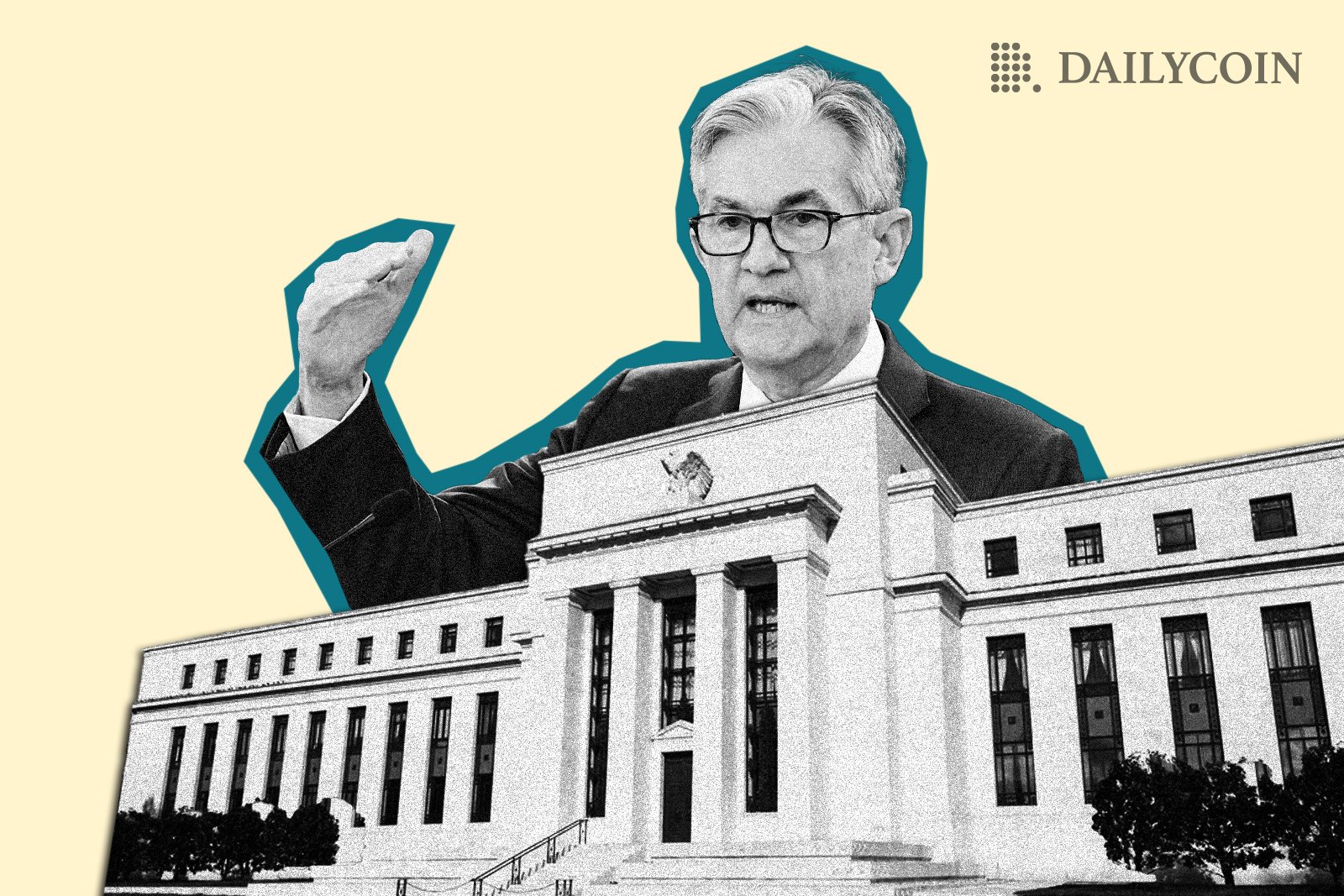
- Bitcoin’s price has surged, tied to inflation hedge searches and possible US dollar devaluation.
- Strong economic indicators have surfaced, countering worries about potential Fed policy changes.
- Stock markets have hit new highs, and the PMI is recovering, signifying growth, although interest rate hikes remain a threat.
Financial markets are experiencing a period of mixed signals, with a recent surge in Bitcoin’s price amidst concerns about future economic stability. While Federal Reserve Chair Jerome Powell expressed optimism, citing data-driven policy and controlled inflation, some analysts remain wary.
Strong Economy, Rising Bitcoin: Will Inflation Sway the Fed?
Powell’s confidence contrasted with anxieties voiced by investors like Jason Trennert, CEO of Strategas Research Partners. Trennert points to the potential for economic turbulence due to a lack of coordination between fiscal and monetary policies. The ever-growing national debt adds fuel to these concerns, particularly regarding the potential devaluation of the US dollar.
This uncertain climate appears to be driving a renewed interest in Bitcoin. Regulatory advancements like the approval of a Bitcoin ETF, coupled with the rise in gold prices, suggest a broader trend of investors seeking alternative assets perceived as inflation hedges.
Sponsored
Financial expert Richard Bernstein weighed in on the situation, highlighting a potential shift in Federal Reserve policy. While strong economic indicators like a recovering PMI, record stock market highs, and substantial Bitcoin liquidity paint a seemingly positive picture, Bernstein warns that significant inflation spikes could force the Fed’s hand.
Fed Confidence vs. Investor Anxieties
The PMI, a key indicator of business activity, has bounced back after a period of weakness. This signals expansion in manufacturing and service sectors, potentially suggesting healthy economic growth. Additionally, the stock market’s continued climb to record highs could be interpreted as investor confidence in the economy’s overall health.
However, Bernstein cautions that the Fed may be forced to raise interest rates to combat inflation, which could trigger a correction in the stock market and impact Bitcoin’s price. This complex interplay between economic factors and investor sentiment lies at the heart of the recent surge in Bitcoin.
On the Flipside
- A recovering PMI and record stock highs paint a positive picture, but external factors or unforeseen events could still trigger an economic downturn.
- While Powell expressed confidence in controlling inflation, the path forward for interest rates remains unclear.
- The national debt and potential devaluation of the US dollar remain issues, even with increased interest in Bitcoin.
Why This Matters
This confluence of economic unease, Federal Reserve policy shifts, and Bitcoin’s price surge illuminates a potential turning point for the cryptocurrency market. As investors seek havens from potential inflation and a weakening dollar, Bitcoin’s performance as an alternative asset could influence broader market trends and adoption within the traditional financial landscape.
Sponsored
Curious about Bitcoin’s price action in the lead-up to a halving event? This article explores what analysts are saying about the future price of Bitcoin. Read here:
DailyCoin Bitcoin Regular: BTC Pre-Halving Jitters, Is the Bottom In?
This article dives into the record amount of money in Bitcoin derivatives contracts and what it might mean for the price. Read here:
$15 Billion Bitcoin Derivatives Bet on Post-Halving Price Surge
